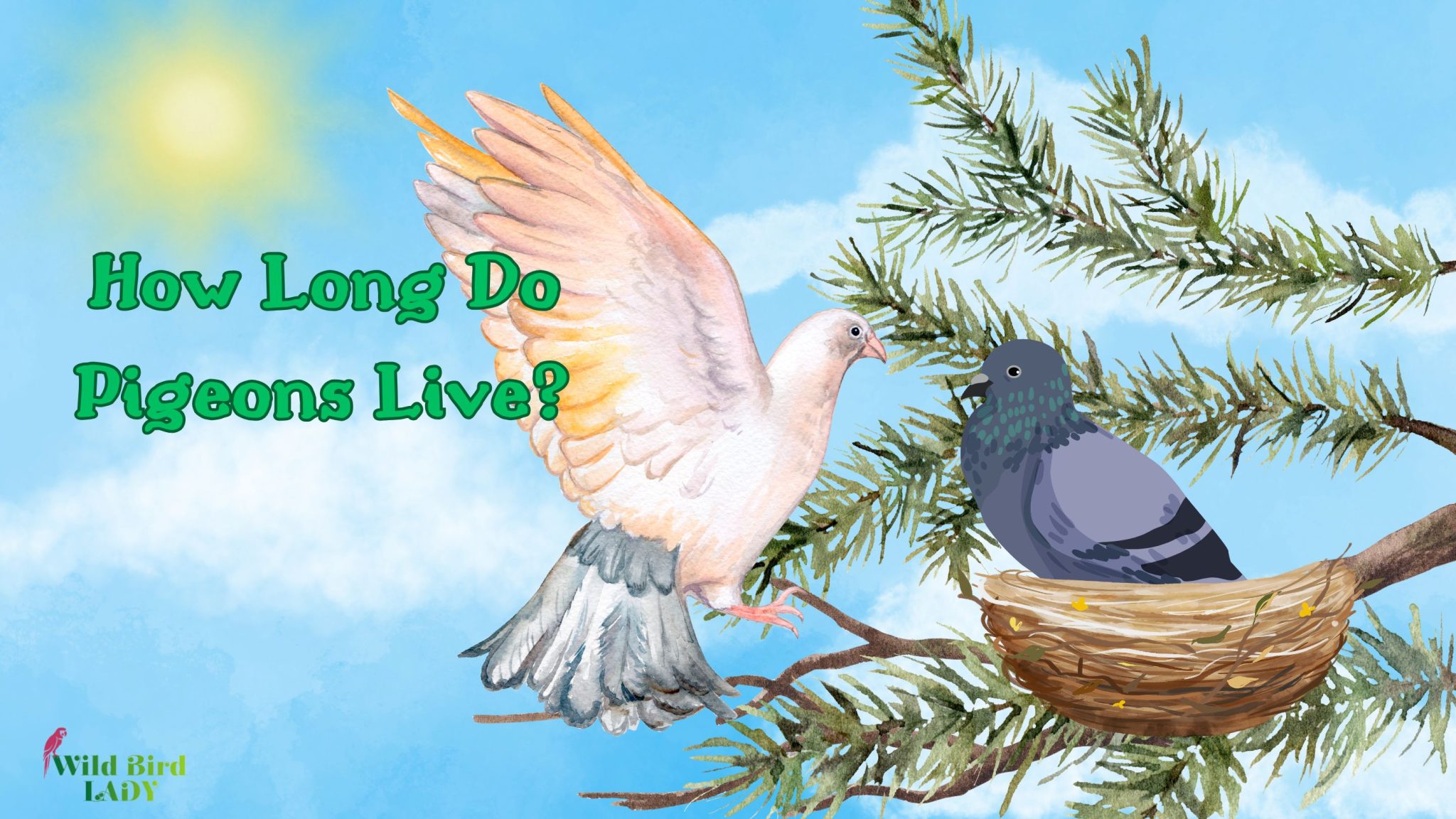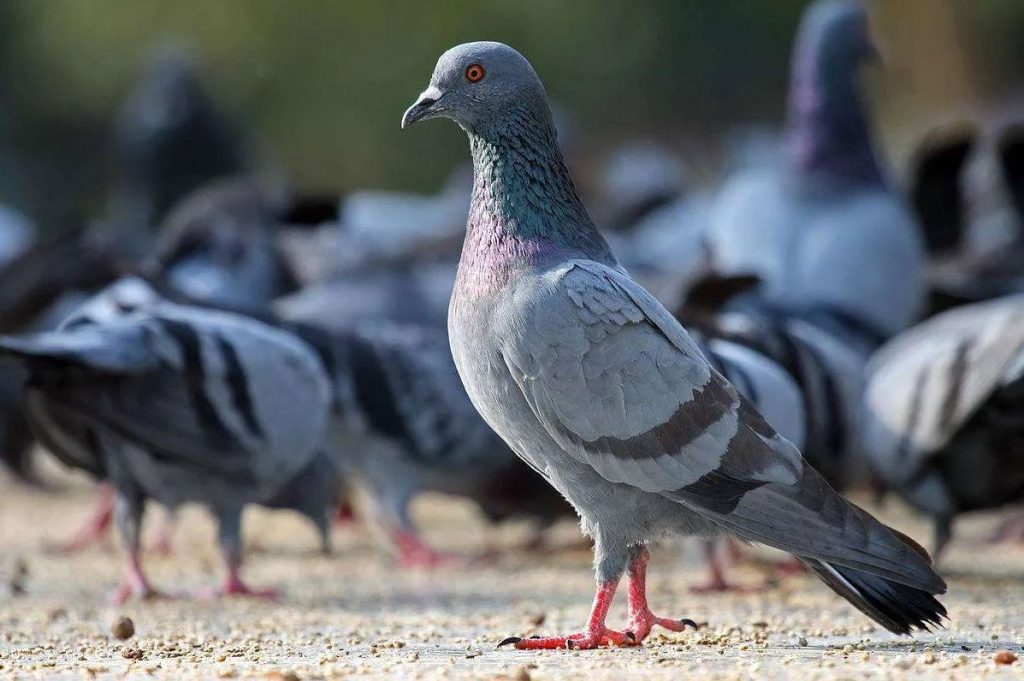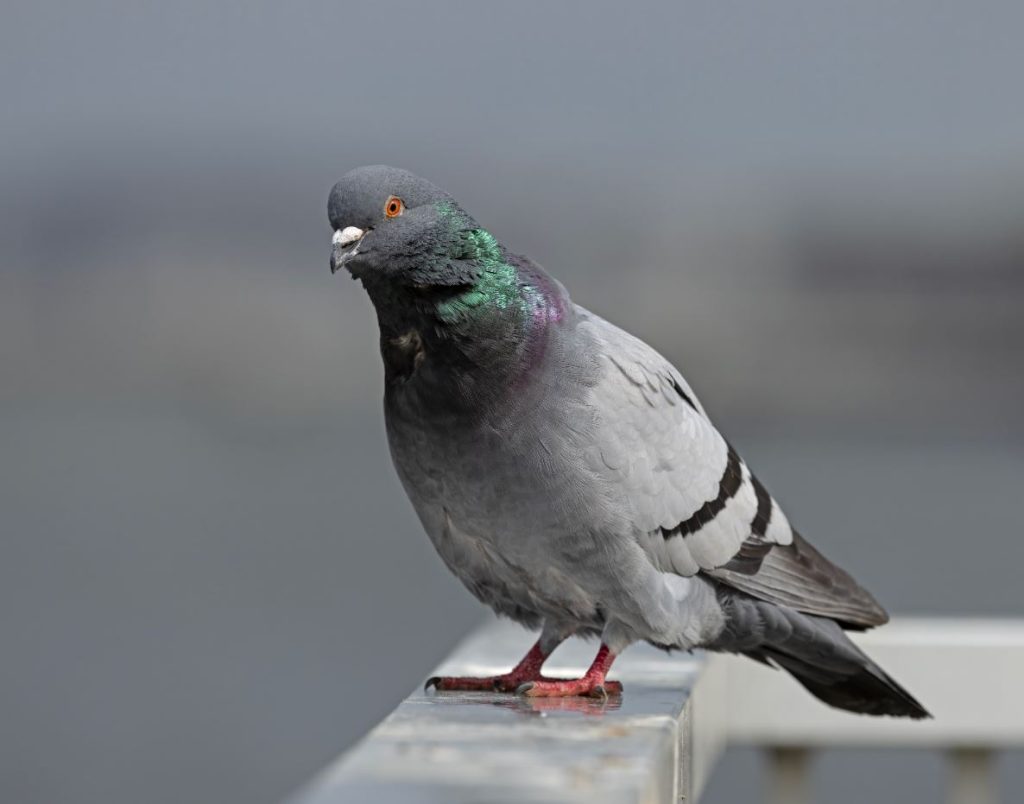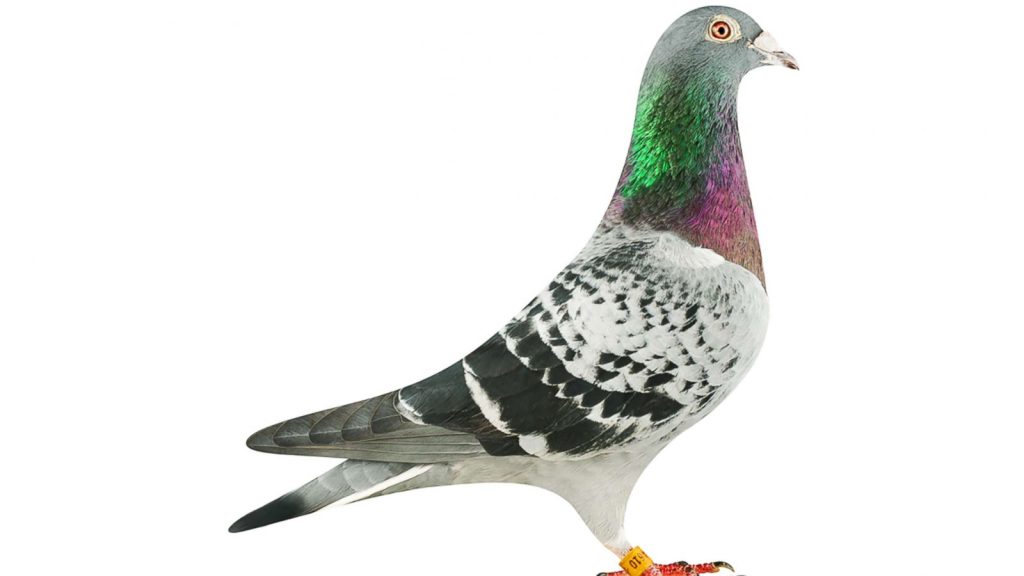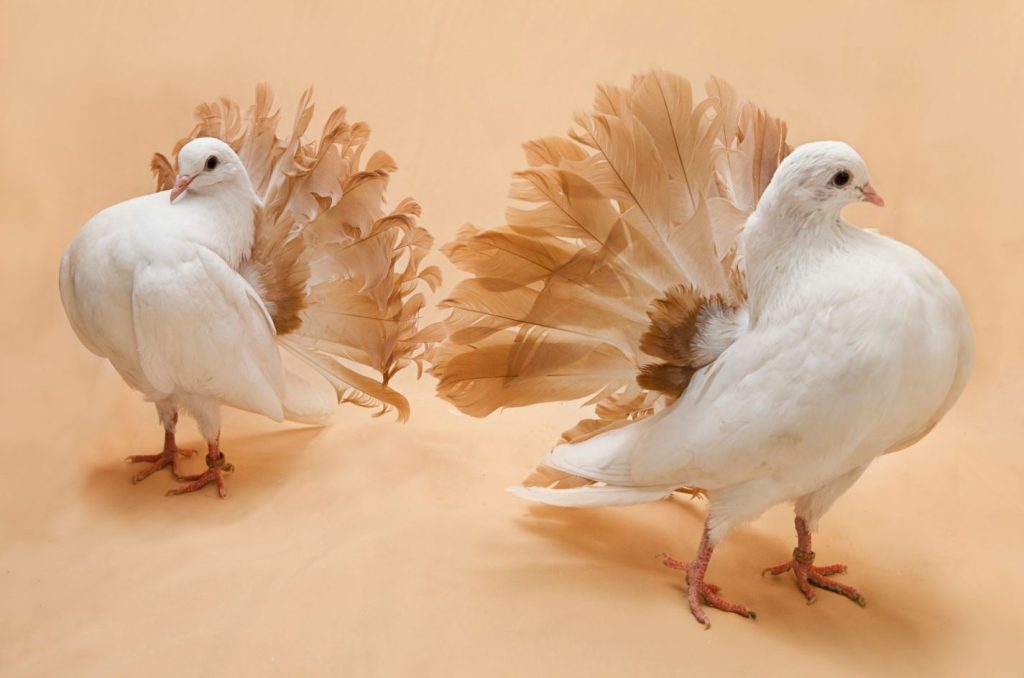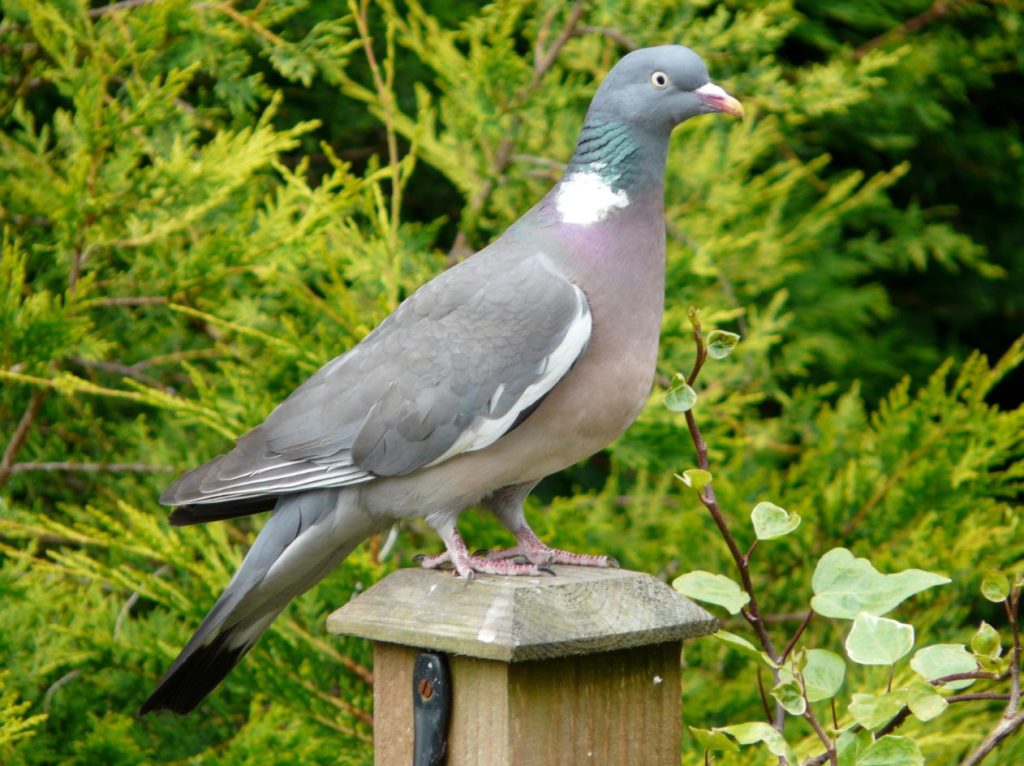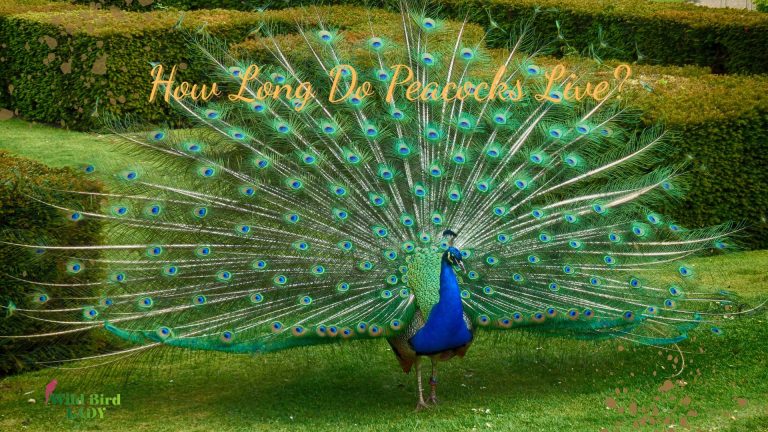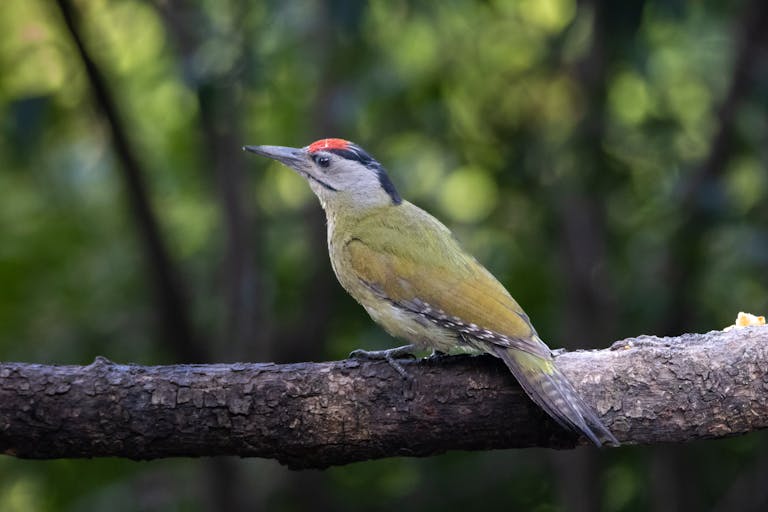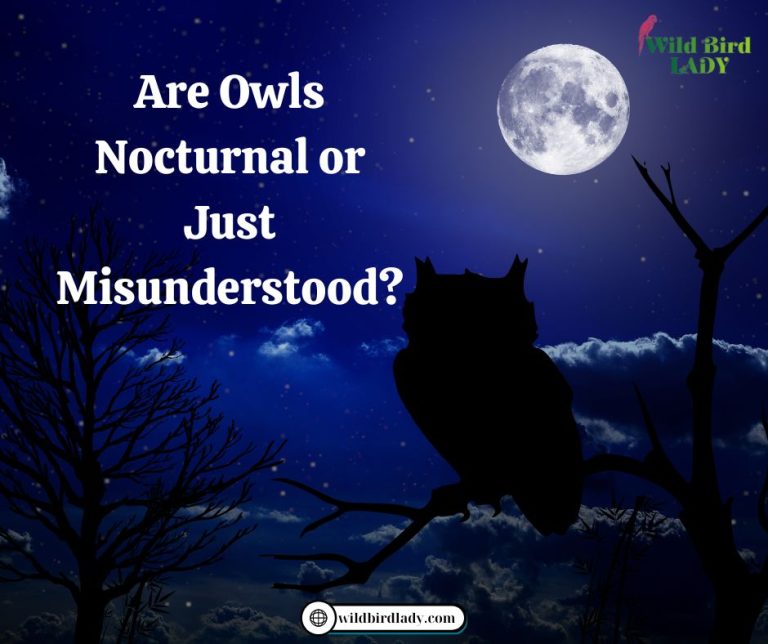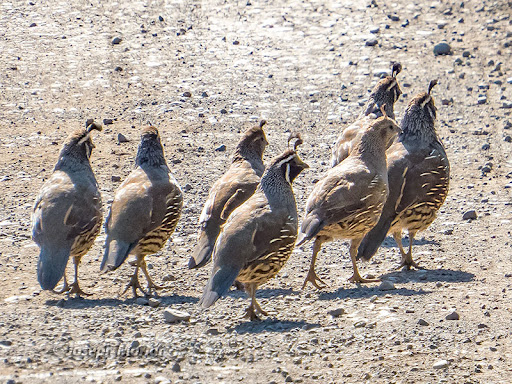How Long Do Pigeons Live? Discover Their True Lifespan (It’s Longer Than You Think!)
Pigeons are one of the most familiar birds in urban and rural settings alike. From city sidewalks to peaceful parks, these resilient birds thrive in a variety of environments. But how long do pigeons live? The answer might surprise you. While many assume pigeons have short lives due to their city-dwelling lifestyles, the truth is that pigeons can live remarkably long lives under the right conditions. In this comprehensive guide, we explore pigeon lifespan, what factors affect it, and how you can help them live longer—whether you’re a birdwatcher, a pet owner, or just curious about these intelligent birds.
Average Lifespan of a Pigeon
Pigeon lifespan varies greatly depending on their living conditions. Whether they’re navigating the challenges of the wild or enjoying the comfort of a domestic loft, the average lifespan of a pigeon is shaped by a mix of environmental stressors, human influence, and access to basic needs like food and shelter.
- In the Wild: Wild pigeons—especially feral pigeons found in cities—typically live between 3 to 6 years. Their lives are often cut short due to a range of hazards: natural predators such as hawks and falcons, exposure to diseases and parasites, extreme weather conditions, lack of consistent food sources, and risks from human activity like traffic or poisoning. In urban areas, the average pigeon must contend with harsh conditions and constant threats, making survival beyond a few years a significant feat.
- In Captivity: In contrast, pigeons kept as pets, used for racing, or bred for show purposes can live anywhere from 10 to 15 years, with some individuals reaching or even surpassing 20 years when provided with optimal care. This includes a clean and secure environment, balanced nutrition, regular health checkups, and mental stimulation. Without the constant threats faced by wild pigeons, captive pigeons can enjoy a peaceful and much longer life.
The dramatic difference in lifespan between wild and captive pigeons clearly highlights how critical care, protection, and access to resources are to their survival. A well-cared-for pigeon can thrive far beyond what most people expect.
Types of Pigeons and Their Lifespans
1. Feral Pigeons (Columba livia domestica)
These are the pigeons most people see in cities, roosting on rooftops or scavenging in parks.
According to the Cornell Lab of Ornithology, feral pigeons—also known as rock pigeons—were originally brought to North America as domesticated birds and have since established thriving wild populations in urban areas.
They are descendants of domesticated rock doves that returned to the wild and adapted to urban life. Feral pigeons are highly adaptable but face numerous risks in the wild, including traffic, predators, disease, and poor diet. In urban environments, their average lifespan is 3 to 6 years, though in safer or semi-controlled settings (like temple grounds or managed lofts), they may live longer. In captivity, where they receive shelter, food, and protection from harm, they can live 10 years or more.
2. Homing or Racing Pigeons
Bred specifically for their remarkable ability to navigate long distances, homing pigeons are prized for racing and message delivery. These birds are among the best cared-for pigeons, with owners investing heavily in their health, diet, and physical conditioning. When not injured or lost during flight, racing pigeons often live 10 to 15 years, with many reaching up to 20 years. Their extended lifespans reflect the controlled environments and attentive care they receive.
3. Fancy Pigeons
These are ornamental breeds selectively bred for aesthetic traits such as unique feather patterns, posture, or behavior. Popular varieties include the Fantail, Jacobin, and Tumbler pigeons. While fancy pigeons may not be as hardy as racing pigeons due to selective breeding, they still enjoy long lives when raised in clean, temperature-controlled lofts. Depending on the breed and level of care, fancy pigeons typically live 10 to 14 years, though some may live longer with optimal conditions.
4. Wood Pigeons (Columba palumbus)
Unlike feral pigeons, wood pigeons are true wild birds commonly found in forests, farmlands, and rural gardens throughout Europe and parts of Asia. They are larger and more wary of humans. Their lifespan in the wild is generally 3 to 5 years, though they may live longer in protected habitats or conservation areas. Because they are not usually kept as pets, their lifespan is less influenced by human care than other types.
Each type of pigeon has unique traits and environmental pressures that shape its lifespan. Understanding these distinctions is essential whether you’re a birdkeeper or a nature enthusiast observing pigeons in the wild.
Factors That Affect a Pigeon’s Lifespan
1. Predation
Hawks, falcons, cats, and even humans can shorten a pigeon’s life in the wild.
2. Disease and Parasites
Pigeons are prone to canker, pigeon pox, salmonellosis, and mites, especially in dense flocks.
Resources like the All About Birds guide also highlight the impact of parasites and avian diseases on pigeon populations, particularly in crowded urban environments.
3. Diet and Nutrition
A balanced diet rich in grains, seeds, and occasional fruits or greens contributes to longevity.
4. Shelter and Environment
Safe, dry, and warm nesting areas protect pigeons from harsh weather and predators.
5. Human Interaction
Pigeons living close to humans may have better access to food but may also suffer from stress, traffic, and toxins.
6. Genetics and Breeding
Selective breeding in racing or fancy pigeons can extend or reduce lifespan based on inherited traits.
How to Help Pigeons Live Longer (For Pet Owners and Enthusiasts)
Helping a pigeon live a long, healthy life involves more than just feeding it. Whether you’re a pigeon keeper or simply care about your local birds, here are key steps to extend their lifespan:
- Provide Clean Water Daily
Fresh, clean water should be available at all times. Dirty water can harbor bacteria and parasites, leading to health problems. Use shallow, easily cleaned containers, and change the water at least once daily. - Offer a Balanced Diet
Feed pigeons a mixture of quality grains such as millet, corn, wheat, barley, and sorghum. Supplement their diet with leafy greens, occasional fruits, and legumes. Include calcium supplements and insoluble grit to support digestion and bone health, especially for laying hens or growing juveniles. - Keep Their Environment Clean
Clean lofts, cages, and aviaries weekly to prevent the buildup of droppings and reduce the risk of bacterial and fungal infections. Replace bedding materials regularly, and ensure proper ventilation without drafts. - Schedule Regular Vet Checkups
Like any pet, pigeons benefit from routine veterinary care. Annual checkups can catch illnesses early, administer vaccinations, and monitor overall health. A pigeon-savvy vet can also advise on parasite control and breeding health. - Provide Enrichment Activities
Pigeons are intelligent, social birds. Offer perches at various heights, mirrors, soft toys, or small balls to stimulate their minds. If possible, allow safe flight time in a large enclosed area or supervised free-flying sessions. Mental and physical stimulation reduces stress and keeps birds active and alert. - Protect Against Extreme Weather
Loft temperatures should remain stable year-round. In hot weather, provide shade and fresh air circulation. During winter, insulate the loft and avoid cold drafts. Always keep the birds dry—damp environments can lead to respiratory infections.
Proper care and consistency are the foundations of a long pigeon life. Whether housed individually or in a flock, pigeons thrive when their basic needs are met with love and routine.
Signs of Aging in Pigeons
As pigeons age, they exhibit signs that may indicate declining health. Recognizing these signs early allows owners to adjust care accordingly:
- Dull or Ruffled Feathers – Aging birds may lose their glossy plumage or develop patchy feathers.
- Reduced Activity or Flying Ability – Older pigeons may prefer perching and show less interest in flying.
- Changes in Appetite – Sudden weight loss or refusal to eat could be a sign of underlying issues.
- Cloudy Eyes or Vision Issues – Cataracts or cloudy corneas can affect aging pigeons, impacting navigation.
- Weakened Immune Response – Seniors are more prone to infections, making preventive care crucial.
Offering additional warmth, softer perches, easily accessible food and water, and reduced stress are simple ways to help elderly pigeons age gracefully.
Lifespan of Pigeons Compared to Other Birds
| Bird Species | Average Lifespan (Wild) | Captive Lifespan |
|---|---|---|
| Feral Pigeon | 3–6 years | 10–20 years |
| House Sparrow | 3–5 years | Up to 10 years |
| American Robin | 2–4 years | Up to 14 years |
| Cockatiel | 10–14 years | Up to 25 years |
| Parrot (average) | 20–50+ years | 50–80+ years |
Pigeons live significantly longer in captivity, much like other species. Proper care really makes a difference.
The Oldest Known Pigeon
The record for the oldest pigeon is often debated, but some well-documented racing pigeons and pets have reached over 20 years of age. These cases are rare and usually involve exceptional care, controlled environments, and good genetics.
FAQs About Pigeon Lifespan
Q1: Can pigeons live more than 20 years?
Yes, although rare. Some pigeons have lived 20+ years with top-tier care.
Q2: What shortens a pigeon’s life?
Infections, predators, starvation, extreme weather, and poor care.
Q3: Do pigeons mate for life?
Yes, they often form strong pair bonds, which may positively affect their stress levels and health.
Q4: How can I tell the age of a pigeon?
It’s difficult without a leg band. Feather condition and behavior may offer clues.
Conclusion
So, how long do pigeons live? While the average city pigeon may only survive a few years, pigeons in captivity can enjoy a lifespan of over a decade, and sometimes much longer. Their resilience, intelligence, and ability to adapt make them truly fascinating birds. Whether you see them as a city dweller, a bird owner, or a fan of racing pigeons, understanding their lifespan helps us appreciate them even more. With proper care and attention, pigeons can live long, happy lives that defy common expectations.
If you enjoyed this guide, be sure to check out our in-depth article on What Do Pigeons Eat? The Ultimate Guide to a Healthy Pigeon Diet

